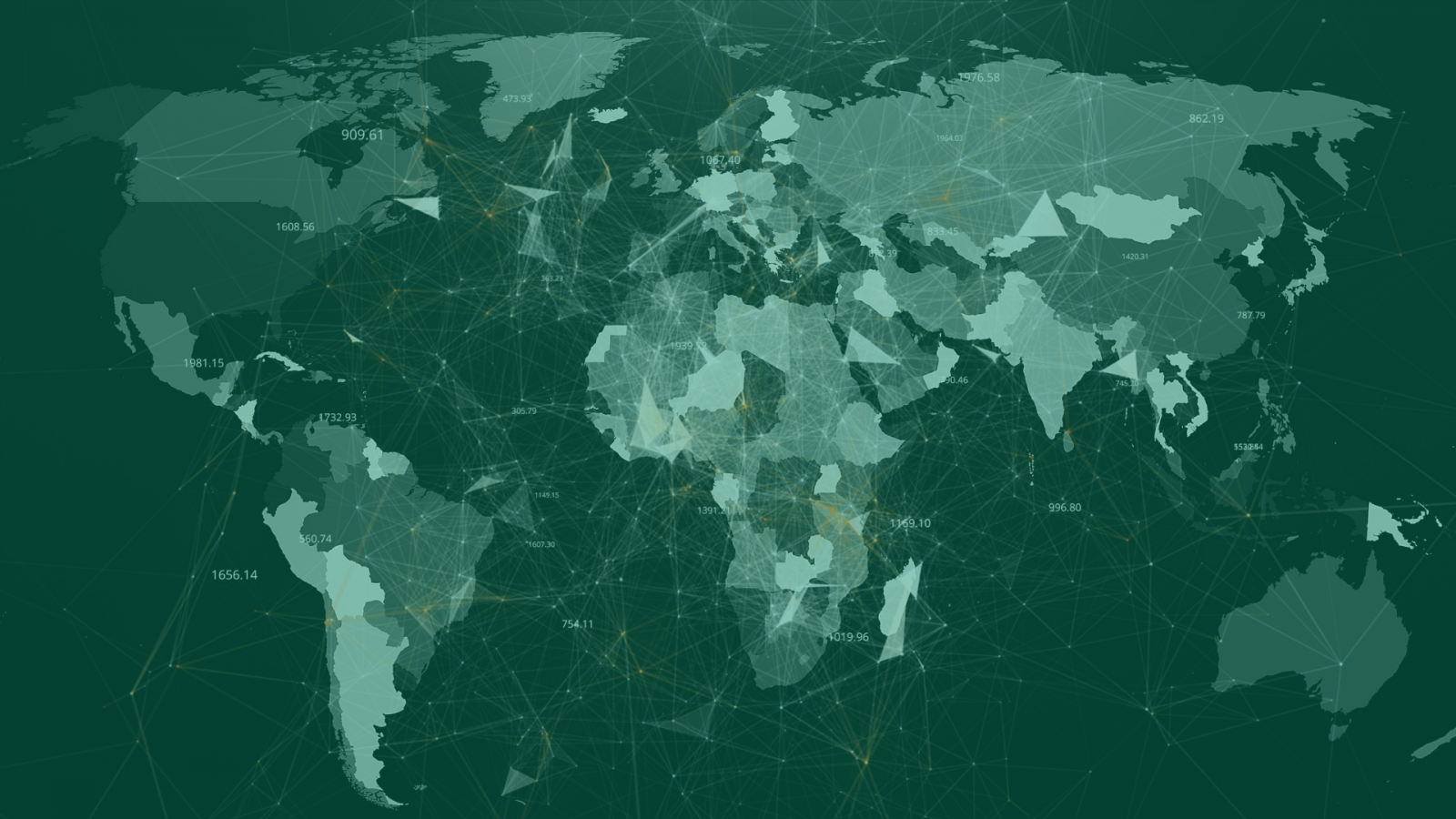
The yearly update of the global mapping is complete and live for you to explore! Read on for this year’s highlights and why we believe this exercise is so important.
Mapping as a cornerstone
The EUDiF global mapping of diaspora engagement, is the cornerstone of the project. It is a unique resource for knowledge about diaspora engagement policies, practices, and priorities around the world, as well as the government institutions and diaspora organisations active in this dynamic space.
The mapping was conducted between 2019 and 2020 and has since been updated annually to capture new developments in a fast-evolving landscape.
From our dialogues to capacity development actions, the mapping of diaspora engagement is essential for the design of all EUDiF activities. But it is also a resource envisioned to assist the entire diaspora development ecosystem. In a fast-evolving field, up-to-date data is crucial to policymaking and initiatives that are fit for purpose. Historically, information on diaspora engagement has been fragmented, collected on an ad-hoc basis according to national interests. At EUDiF we believe that monitoring diaspora engagement globally is the best way to optimize learning across regions, topics, and stakeholders. And by keeping the mapping alive, we aspire to provide you with the core information on policy frameworks, national trends, and institutional and diaspora actors to maximize your own diaspora-for-development work, as well as introduce cutting-edge practices to inspire new opportunities or partnerships.
On this note, the third edition of the EU’s flagship conference on diaspora engagement, EUDiF’s Future Forum, will take place in Brussels on 17-18 October 2023. Dedicated to the theme of partnerships, this event will bring together representatives from across the ecosystem to exchange ideas and network. It will be an in-person version of the global mapping itself – an event not to miss! Register your interest to attend here by 7 April:
What’s new in 2022?
As well as updating the core statistics on remittances and emigration, several countries have launched their diaspora engagement policies since the last update: Jamaica, Djibouti, Madagascar, and Nigeria.
The 2022 update also included a new country: Saint Lucia, a Caribbean country that served as an example to other countries in the region by creating its pioneering national diaspora policy in the 1990s.
There is also a wealth of new practices in each region:
- In Eastern Europe & Central Asia, there are nine additional practices to learn from, including skills transfer and local development projects in Moldova.
- There are 10 new initiatives in Latin America and the Caribbean: Cuba has an example on networking and partnerships, whilst you can learn from Honduras on remittances and education projects.
- In the Pacific, there are nine new diaspora engagement efforts focused on migrant rights and remittances, particularly in Micronesia and Tonga.
- Africa saw the most new initiatives: 34 in areas such as partnerships, digitalisation, and human capital, particularly in Morocco and Rwanda.
Did we miss something? Email eu-diaspora@icmpd.org if so! We gather information throughout the year and are always pleased to include contributions sent in by members of the community.
Explore the mapping your way!
We know that each person finds information in a different way, so navigate the global mapping from a global approach, by region or directly to the country that interests you most! All factsheets are available through the global map, the regional pages: Africa, Asia, EECA, LAC, Middle East and the Pacific, or directly through the library.